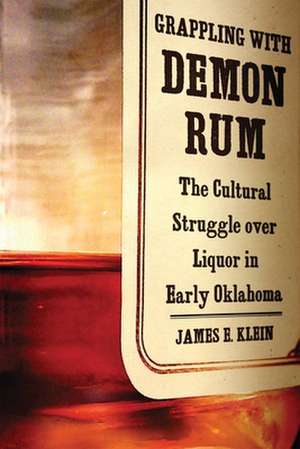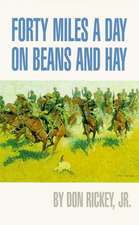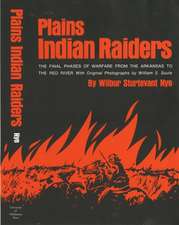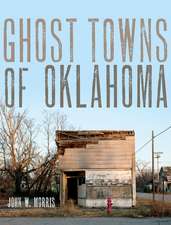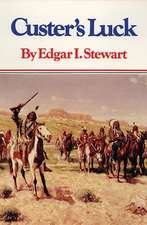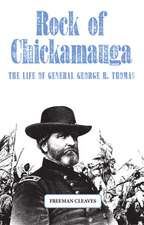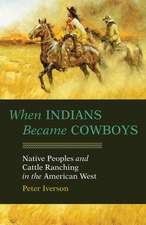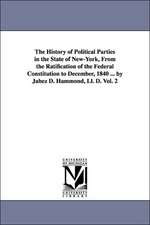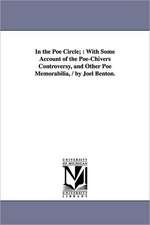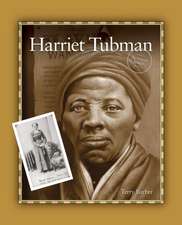Grappling with Demon Rum: The Cultural Struggle Over Liquor in Early Oklahoma
Autor James Edward Kleinen Limba Engleză Hardback – 30 sep 2008
Vezi toate premiile Carte premiată
"Social classes collide over morality and social propriety in a brand-new state"
Well before the Volstead (or National Prohibition) Act of 1919, Oklahoma was dry. Oklahomans banned liquor at their state's inception in 1907 and maintained the ban even after the repeal of national prohibition. In this book, James E. Klein examines the social and cultural conflicts that led Oklahomans to outlaw liquor and discusses the economic and political consequences of the ban.
"Grappling with Demon Rum" identifies who favored and who opposed prohibition, showing that its proponents were largely middle-class citizens who disdained public drinking establishments and who sought respectability for a young state still considered a frontier society. Klein tells how the Oklahoma Anti-Saloon League orchestrated a dry campaign to raise moral standards, reduce crime, and improve the quality of life, twice convincing voters to support prohibition.
Going beyond the usual evangelical-versus-ritualist, rural-versus-urban, and ethnocultural oppositions used by other historians to explain prohibition, Klein shows that Oklahoma's immigrant and Catholic populations were too small to account for those voting against the measure--or for the large customer base that supported bootleggers. He points instead to the large number of working-class Oklahomans who patronized saloons, whether legal or not, and focuses on class conflict in early efforts to control alcohol. He also describes the trials of enforcement officers who worked to plug leaks in statewide and later national prohibition.
A cultural and social history of liquor in early Oklahoma, "Grappling with Demon Rum" provides a fresh look at crusaders against vice at the regional level. In portraying this conflict between middle- and working-class definitions of social propriety, Klein provides new insight into forces at work throughout America during the Progressive Era.
Preț: 278.09 lei
Nou
53.21€ • 55.56$ • 44.04£
Carte disponibilă
Livrare economică 15-29 martie
Specificații
ISBN-10: 0806139382
Pagini: 238
Dimensiuni: 160 x 231 x 23 mm
Greutate: 0.48 kg
Editura: University of Oklahoma Press
Descriere
Well before the Volstead (or National Prohibition) Act of 1919, Oklahoma was dry. Oklahomans banned liquor at their state's inception in 1907 and maintained the ban even after the repeal of national prohibition. In this book, James E. Klein examines the social and cultural conflicts that led Oklahomans to outlaw liquor and discusses the economic and political consequences of the ban.
"Grappling with Demon Rum" identifies who favored and who opposed prohibition, showing that its proponents were largely middle-class citizens who disdained public drinking establishments and who sought respectability for a young state still considered a frontier society. Klein tells how the Oklahoma Anti-Saloon League orchestrated a dry campaign to raise moral standards, reduce crime, and improve the quality of life, twice convincing voters to support prohibition.
Going beyond the usual evangelical-versus-ritualist, rural-versus-urban, and ethnocultural oppositions used by other historians to explain prohibition, Klein shows that Oklahoma's immigrant and Catholic populations were too small to account for those voting against the measure--or for the large customer base that supported bootleggers. He points instead to the large number of working-class Oklahomans who patronized saloons, whether legal or not, and focuses on class conflict in early efforts to control alcohol. He also describes the trials of enforcement officers who worked to plug leaks in statewide and later national prohibition.
A cultural and social history of liquor in early Oklahoma, "Grappling with Demon Rum" provides a fresh look at crusaders against vice at the regional level. In portraying this conflict between middle- and working-class definitions of social propriety, Klein provides new insight into forces at work throughout America during the Progressive Era.
Premii
- Oklahoma Book Award Finalist, 2009
